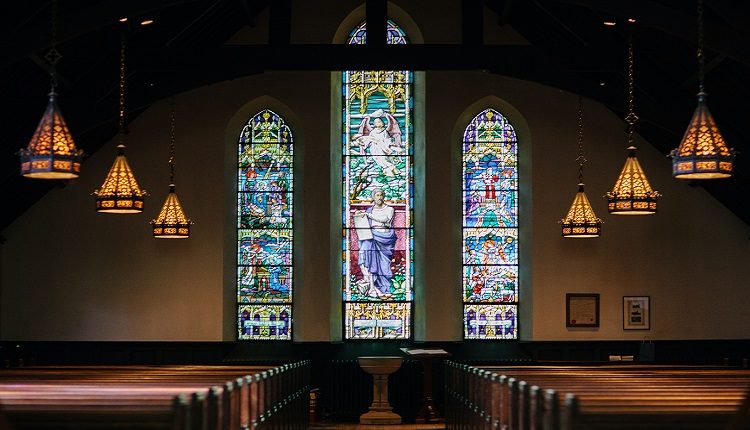
Church and Children on the Autism Spectrum
America’s leading religious periodical, Christianity Today, found that US religious communities are failing children with autism, learning disabilities, depression and conduct disorders. And according to their 2018 Survey of Children’s Health, it’s a deeply ingrained denial.
The odds of a child with autism never attending religious services were almost twice as high as compared to neurotypical children. The same goes for those with learning disabilities, depression and conduct disorders. However, children with asthma, diabetes, epilepsy or vision problems found sympathy and a place in the pew.
So children whose conditions limit social interaction, who are habitually excluded from many social settings and sorely need a community of social support were most likely to feel unwelcome at religious services. The problem is largely unseen because autism families rarely show up, and if they do, they are likely to have a negative experience and never return.
Studies of children and adolescents with chronic conditions have found regular attendance at religious services elevates their self esteem and general well-being. Family members found the support of church community enhanced their physical and mental health as well. Clearly it is beneficial to the ASD child and their family to be welcomed to church.
The major barriers are those put up by the congregation. There’s a lack of training and specialized programming that goes hand in hand with impatience for a child who “can’t behave” and an ignorant belief that they “can’t really get anything out of it anyway.”
Family members become victims as church members communicate their approbation with words or hostile looks.
Churches need to educate their members about autism to open their hearts and minds. The pastor can then communicate with the autism family on how best to create a space for their child’s special needs. Preparation and planning allow the church communities to become places of rest and refuge for the autism family. Prejudice is laid down and spirits are raised up.
Just this week, on September 21, Pope Francis met with members of Austrian center for autism, Sonnenschein (“Sunshine”), in an audience at the Vatican. He told the assembled children that the center’s name evoked a flower-filled lawn in the sun “and the flowers of this house are you!”
With their parents and caregivers from the center also present, Francis continued: “God created the world with a great variety of flowers of all different colors. Each flower has its unique beauty. And each one of us is beautiful in the eyes of God, who loves us.”
His words were a beautiful affirmation made all the more poignant for its rarity.
